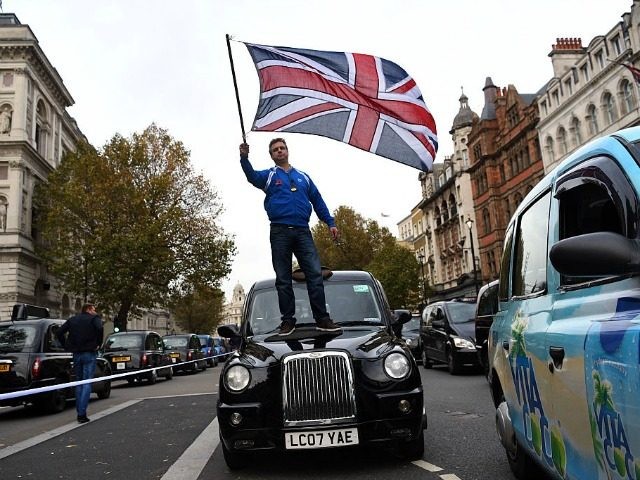“Black cabs have become a byword for populism and racism” in the minds of Muslim and immigrant Uber drivers, according to a New York Times article on the politics of taxi regulation in London.
Many of the British capital’s black cab drivers, who have to comply with a raft of regulations — including passing The Knowledge, a notoriously difficult test in which they must memorise tens of thousands of destinations — tend to be against Uber’s presence in London. Cabbies and their trade union assert that the ride-calling app rival’s lower fares and lower barriers to entry are destroying their trade.
But according to The New York Times feature, London’s taxi wars are “less about the disruptive power of an app, or a new business model” than they are an “echo [of] the culture wars that fueled Britain’s vote last summer to leave the European Union”.
Pointing out how demographics profiles show the majority of black tab drivers are white Britons whilst most Uber drivers are non-white, and many who are immigrants, the Times argues that the debate concerns “immigrant versus native, old versus new, global versus national”.
With Uber fares are priced about 30 per cent lower than those of black cabs, cabbies told The New York Times that the discrepancy signals a deliberate attempt to destroy their trade.
But Zahra Bakkali, the female, Moroccan Uber driver profiled in the newspaper’s feature, said that black cabs are synonymous with racism, alleging Uber’s Muslims face “relentless hostility” from cabbies shouting xenophobic slogans.
But black cab driver Paul Walsh, who got his taxi badge in 1994, insisted that cabbies’ opposition to Uber was “not a racist thing”, pointing out that “lots of cabbies are Jewish and Irish”.
“It’s about fairness,” he said. “No one’s wages have gone up in the 10 years since the crash, and everyone who’s coming here is getting it on a plate.”
He told the Times: “London has a great history of taking in refugees: the Huguenots, the Russians, the Jews after World War II. But there is a difference between refugees and economic migrants.
“They come here and push down our living standards. There comes a day where you have to say, ‘Stop,’” he added.
Figures released in May last year showed that Uber drivers in London were accused of sexually assaulting or raping customers almost three times a month.
Freedom of Information data obtained by The Sun revealed that 32 assault claims were made against employees of the taxi-hailing app in London over the previous 12 months, equal to one every 11 days — a figure which represents more than a fifth of all claims against taxi and car-hire drivers filed to 14 UK police forces last year.

COMMENTS
Please let us know if you're having issues with commenting.